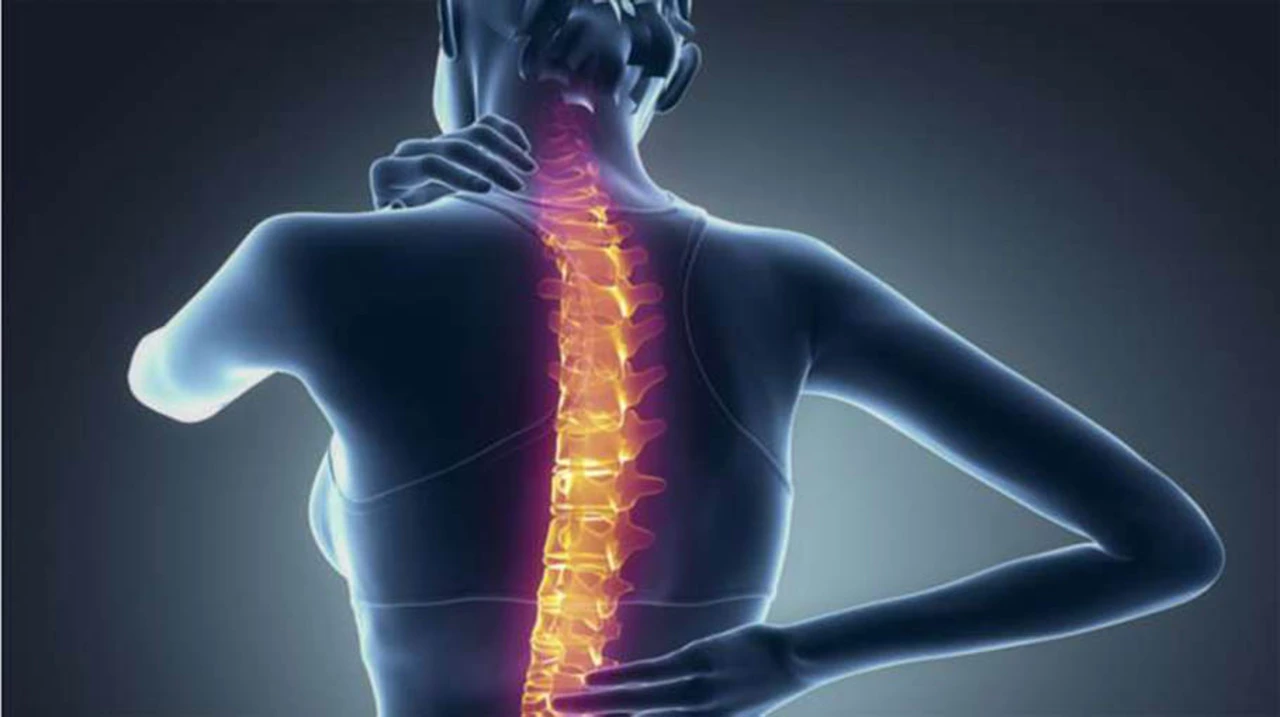Bone Health: Simple, Practical Steps to Stronger Bones
Bones support everything you do. If you ignore them, they quietly lose density and strength over time. The good news: small, consistent changes in food, movement, and habits add up fast. This guide gives clear, usable steps you can start today.
Eat smart for your bones
Focus on foods that build bone: calcium, vitamin D, protein, magnesium, and vitamin K. Aim for about 1,000–1,200 mg of calcium a day from dairy, fortified plant milk, canned salmon with bones, leafy greens, or small dairy servings spread across meals. Vitamin D helps your body absorb calcium — get sunlight safely and include vitamin D–rich foods like fatty fish, fortified milk, or a supplement if your doctor recommends one. Don’t skimp on protein; it helps bone repair. Nuts, beans, eggs, fish, and lean meats are easy picks.
If you take supplements, keep them simple: many people use a calcium plus vitamin D supplement, but talk with your clinician about the right dose and timing. Calcium can interfere with certain medicines, and more isn’t always better.
Move smart: exercise that strengthens bone
Weight-bearing and resistance exercises are the best for bones. Weight-bearing activities make you work against gravity — walking, hiking, dancing, tennis. Resistance work uses bands or weights and targets muscles that pull on bone, which helps bone stay dense. Aim for a mix: at least 2–3 sessions per week of strength training plus regular walking or other weight-bearing activity most days.
Balance and flexibility matter too. Falls cause the majority of fractures, so practice balance moves (heel-to-toe walks, single-leg stands) and gentle yoga or tai chi to stay steady.
Watch the obvious risks: smoking speeds bone loss, heavy drinking weakens bone and increases falls, and being very underweight raises fracture risk. Long-term use of corticosteroids and some other medications can lower bone density — if you’re on these drugs, ask your doctor about bone-protection strategies.
Screening and when to see a doctor: ask about a bone density (DEXA) scan if you’re a woman over 65, a man over 70, or younger with major risk factors like a previous fracture, long steroid use, or a strong family history. If you’ve lost height, have sudden back pain, or notice a fracture after a small fall, get evaluated.
Practical daily tips: spread calcium across meals, get outside safely for vitamin D, add two short strength sessions weekly, stop smoking, limit alcohol, and make your home fall-proof (remove rugs, add good lighting, secure handrails). Small moves today cut your fracture risk later.
Want a plan that fits your life? Talk to a clinician or a physical therapist. They can tailor diet, exercise, and screening so you keep moving and stay independent for years.

Why Vitamin D Matters for Preventing Low Calcium (Hypocalcemia)
Learn why vitamin D is crucial for preventing low calcium levels, how it works, recommended intake, sources, risk groups, and practical steps to stay healthy.

Enzalutamide and Bone Health: Tips for Managing Osteoporosis During Treatment
Enzalutamide is a common treatment for prostate cancer, but it can sometimes lead to osteoporosis. To maintain good bone health during treatment, it's essential to incorporate a well-balanced diet rich in calcium and vitamin D. Regular exercise, particularly weight-bearing activities, can also help strengthen bones and reduce the risk of fractures. It's important to consult with your healthcare provider about monitoring your bone health and discussing additional treatment options if needed. Finally, quitting smoking and limiting alcohol consumption can also benefit bone health during enzalutamide treatment.
